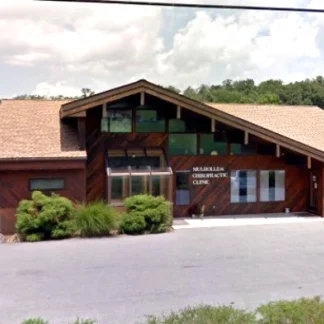Perry Human Services
New Bloomfield, Pennsylvania, 8391 Spring Road, 17068
Available Programs
- Adolescence program
- Adult program
- Children program
- Elderly program
- Military program
- Postpartum program
- Program for men
- Program for women
- Young adult program
Insurance and Financial
- Medicaid
- Self-pay options
- Financial aid
- Sliding scale payment assistance
- Per session
About this Facility
Perry Human Services offers outpatient services for individuals with alcohol and/or substance addiction. Perry Human Services is located in New Bloomfield, Pennsylvania.
Perry Human Services is committed to helping individuals and families from the communities of Perry County. They offer a compassionate staff dedicated to provide professional care
Some of the services offered at Perry Human Services include individual counseling, group therapy, family sessions and couples counseling. They also offer educational workshops for members of the community. Their program is tailored to each client needs in order to help them in the recovery process
Contact us for more information: (717) 582-8703

Contact Perry Human Services
Connect with Perry Human Services by calling their admissions team directly.
(717) 582-8703 Website Get Directions